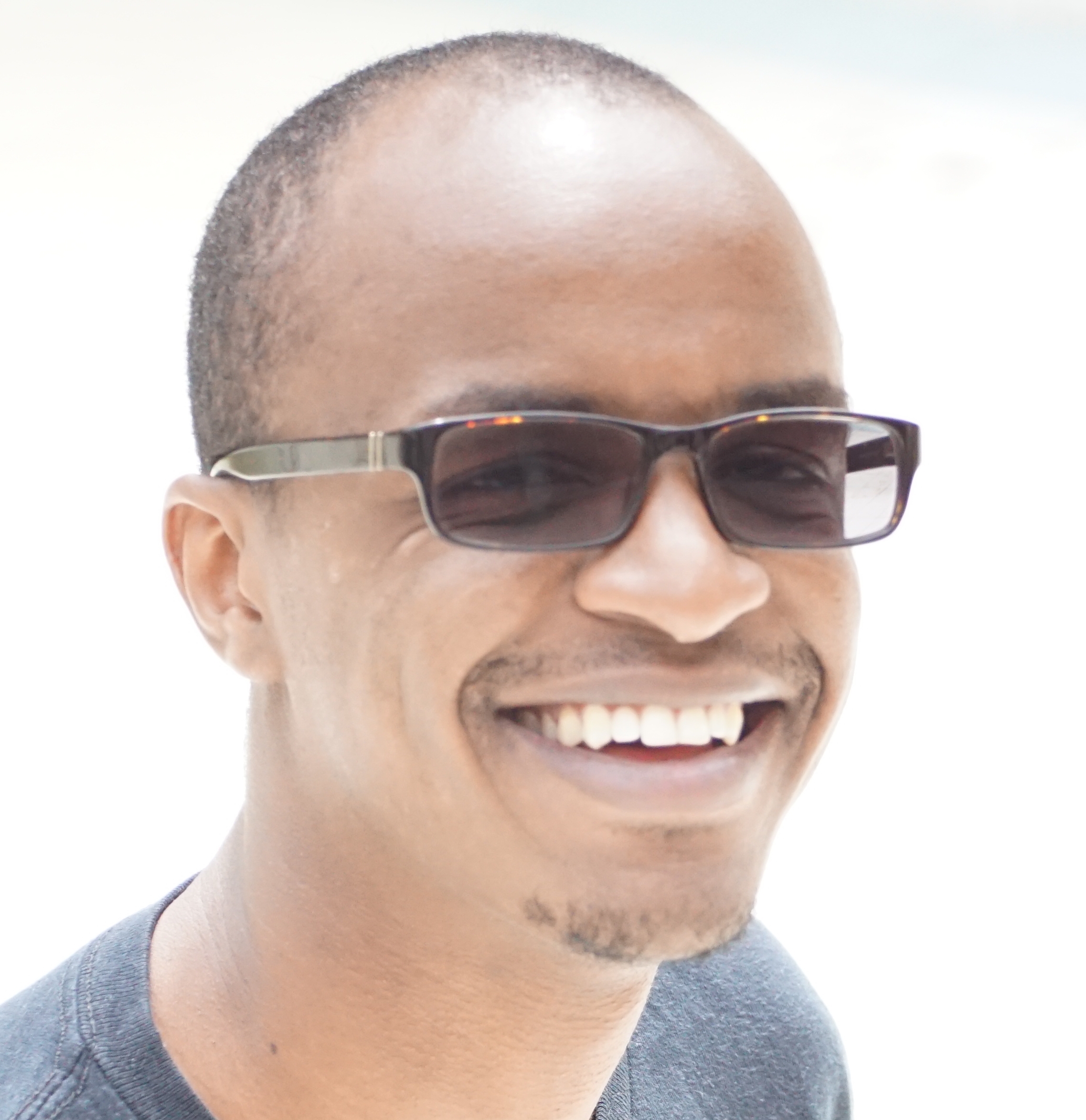“On Your Radar” is a weekly Grad Film News segment that features a student picked at random.
Tony is currently a 2nd year student at Grad Film. We asked him a few questions and here’s what he had to say:
Where are you from and what is it like there?
I’m from Nairobi, Kenya's capital. Nairobi looks like a half-hearted, disorderly attempt at modernization. When it get's really dry there, cattle herdsmen sometimes drive entire flocks into the city center in search of pasture. Usually, the trip isn't very successful. If there's no pasture in the countryside, there's even less in the towns but the herdsmen will go in anyway. Cows will hang out in the middle of traffic for a while and their owners will get into fights with motorists in expensive suits and the latest iteration of the Audi. It's hugely entertaining to watch if you're not driving. It's also illustrative of much of Nairobi. It's a city with grand ambitions but whose capacity doesn't allow it to achieve them just yet. The result is fancy apartment complexes overlooking slums and recently constructed "super-highways" flooding occasionally because someone forgot to think about the drainage system.
The people are the best part about the city. I like to watch them in small spaces where they're forced to deal with each other. The lady selling boiled eggs and Kachumbari (Kenyan salsa) at the bus stop, likely goes home, makes dinner for her three children and then meets with her investment group to plan what to do next with their tent rental business. The shady looking guy standing beside her is probably waiting for a bus that's big enough to make it worth his while to get on it and peddle unapproved drug products. And the bus conductor may be making a scene just now to distract some of his passengers while a couple of pickpockets get their work done. He gets a cut from the pick-pockets, the peddler and the preacher he sometimes allows to pray and take an offering while in transit. Nairobi is messy and hilarious and frustrating and I love it.
What or who is inspiring you right now and why?
I'm not feeling particularly inspired right now. I recently wrapped my 2nd year film so I have that lethargic, depleted, "I-did-all-I-could-I-hope-it's-fine" feeling. I'm going to wallow in that for another week and then I'll look to the things that usually inspire me. That's generally work by artists who somehow manage to synthesize true yet contradictory aspects of the human experience into a seamless work. It doesn’t matter the medium. Lately, that's been the work of Chimamanda Ngozi Adichie, a brilliant Nigerian author, Leon Bridges, a young soul singer from Dallas and Chaitanya Tamhane, an Indian filmmaker whose film "Court" is one of the boldest movies I've ever seen. I think I respond to these artists because they do so well what I'm trying to get good at: To talk about things that are important to me like faith and identity and sexuality and injustice and compassion while being both honest and entertaining.
What has been your most rewarding experience at NYU Tisch Grad Film so far?
The most rewarding experiences at Grad Film have been those simple, unexpected lessons that radically change my understanding of the medium. There have been several but I’ll talk about the first one.
One of the first Aesthetics classes I had at Tisch was taught by Caran Hartsfield. She started off with a pretty basic exercise: list all the tools available to a filmmaker. The list went on and on until we filled up a whiteboard. Just from watching a lot of movies, I knew most of what got written down intuitively. But having each tool pointed out and then illustrated was revelatory. Suddenly I had options. I could replace pages of dialogue with the way I chose to have a character wear their hair, or where I placed them in the frame, or how I had them move. Coming so early on during my time at Tisch, Caran's class was instrumental in shaping my thinking of what exactly my time at Tisch is for: I'm here to get better at using these tools to tell a story. That simple thought gave me something specific and solid to evaluate my progress against. I can look at my work now and identify weaknesses based on how I deployed my tools and I can do something about it in the next film.
